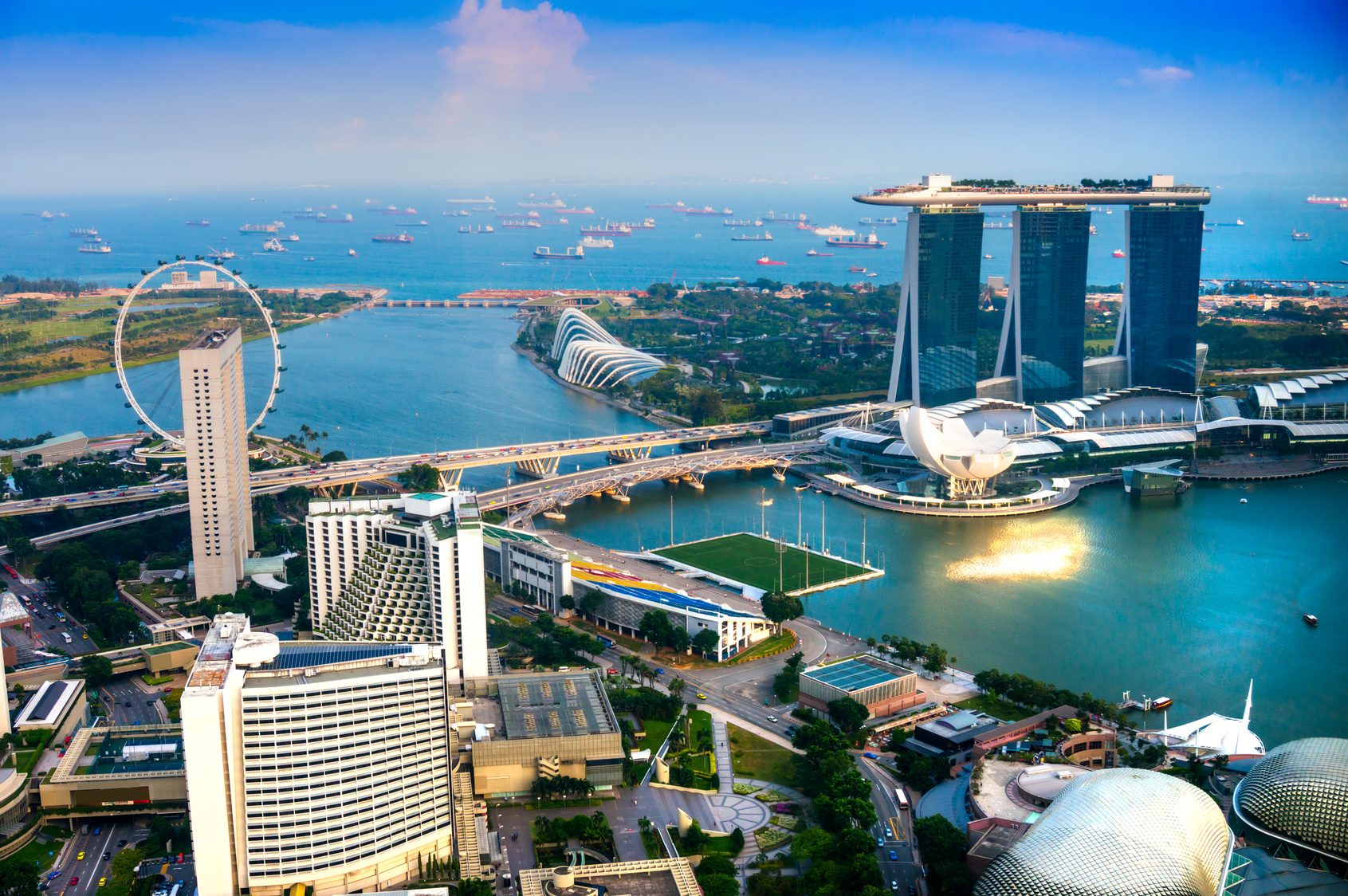Expat's guide to working in Singapore

Singapore is certainly no stranger to the expat worker; the city-state has been enticing professionals to relocate to its sunny shores for decades. According to the 2014 HSBC Expat Explorer survey, Singapore now rates second out of all the participating countries in the world for expat quality of life and it was also placed third globally in the survey’s economics league table.
Yes, Singapore is officially the place to be for higher earning expats on the search for lucrative new opportunities, with 60% of expats citing better job prospects as the reason behind their relocation and 64% reporting higher levels of disposable income once settled in the country. Additionally, ECA International reported earlier this year that Singapore has the seventh highest expat pay packages in the region with the average total expat package for middle managers coming in at US$259,000 and rising.
However, it is important to bear in mind that despite the higher salaries, the costs of living in Singapore are reportedly rising as well. The Expat Explorer survey reported that 77% of expats are paying more for their accommodation than back home, while if you’re moving to Singapore with children, a hefty 83% of those that pay for their children’s schooling find it comes at a higher price than their home country. Fortunately, 70% agree that their children are receiving a better quality of education than they would back home.
Looking for work
In terms of available work, there are literally hundreds of employment agents in Singapore who support expats from all over Europe and North America with job hunts. The largest recruitment companies are focused on sectors such as technology, finance and logistics with skills in engineering, management and accounting highly sought after. We recommend exploring the Ministry of Manpower (MOM) website for a list of licensed agencies and details on eligibility requirements for working in Singapore.
Work permits – the options
There are several different work permit options for those looking to work in Singapore, covering a range of sectors and stages of a worker’s career. For a full list, it is advisable to check the MOM website for details and eligibility requirements.
The Employment Pass (EP) is the big one for qualified professionals working in specialist roles or at management level. Your employer or agency will make the application for an EP on your behalf and you will receive it on arrival in the country, once you have registered your fingerprint, photograph and provided a valid Singapore address for delivery. The EP will last two years on first application before needing renewal.
The S Pass permit is a suitable option for mid-level candidates, usually with a degree or technical qualifications that demonstrate full-time study of at least a year. There is also a Work Permit for Foreign Workers – this is aimed at semi-skilled workers, generally within the construction, service or manufacturing industries.
Family passes
It’s not difficult to for expats to bring family to Singapore, as workers with an EP or S Pass must be earning over 4,000 Singapore dollars (that’s only around £1830), and can apply, through their employer, for a dependent’s pass for a legally married partner and children under 21 years of age. Separate applications must be made for each member of the family.
If you are considering moving to Singapore, Cadogan Tate will assist you every step of the way – from your first enquiry to unpacking at your new home, we are here to help and advise you.
Information correct at time of publication.



